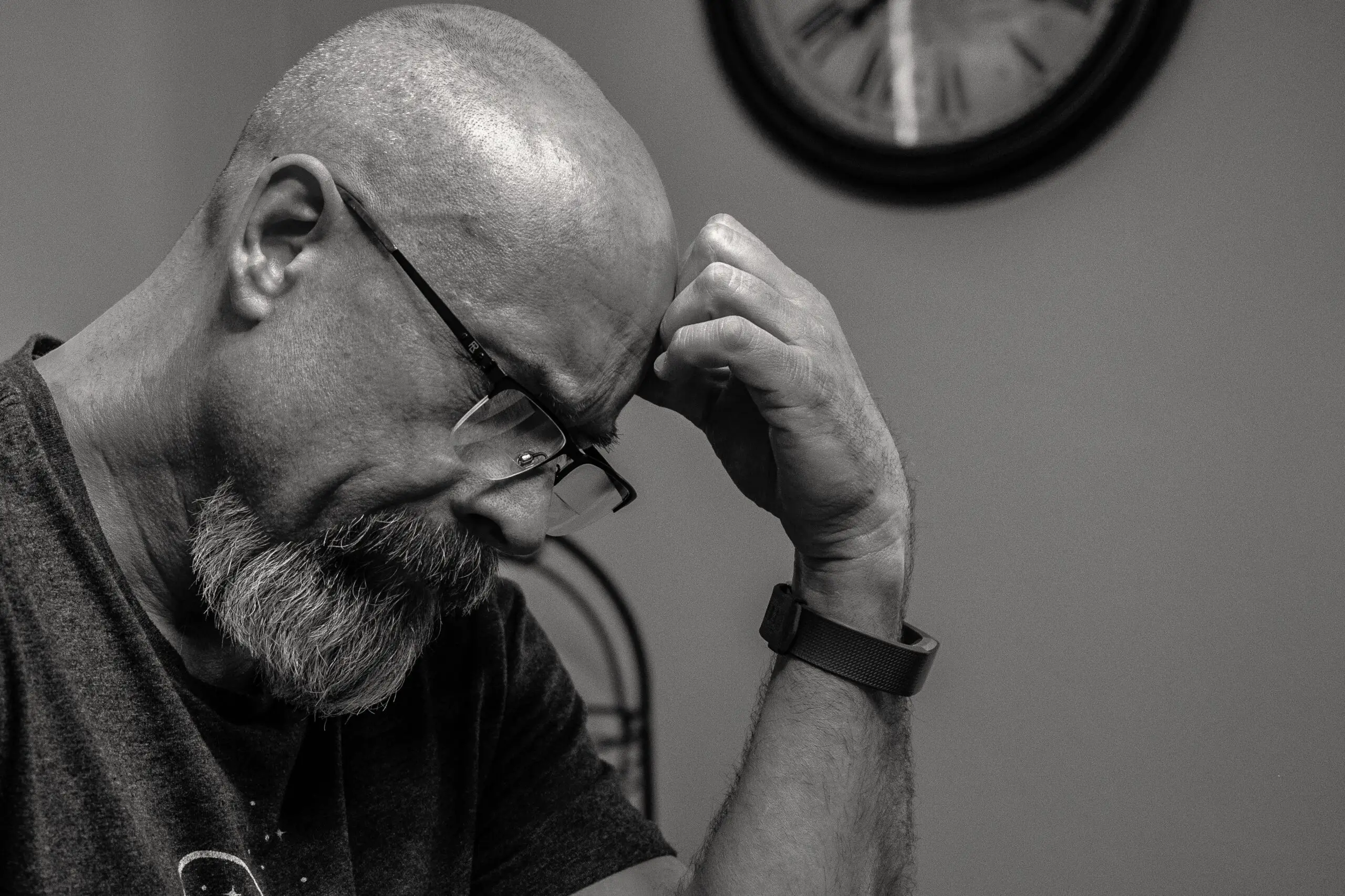Critical thinking sounds pretty important, yet it’s probably one of the most neglected skills in modern times. It’s also a complicated term or, at least it’s complicated to define because it’s a multifaceted definition.
Critical thinking is a series of processes that include breaking an argument down into components, identifying elements that are unclear, establishing the facts of a given statement, embracing inductive and deductive reasoning, and weighing the argument against tangible evidence.
Sounds a lot more complicated than just the two words, “critical thinking,” doesn’t it? It really is. However, once you understand the core concepts of critical thinking, you will probably realize that you use one or two of the above principles more often than you realize.
Is Critical Thinking a Skill?
Critical thinking is a skill that’s beyond refutation. It is not a talent. Even the smartest person in the world may fail to think critically, especially if their emotions are out of control. Emotion is the greatest enemy of critical thinking because it robs you of your ability to focus.
A talent is something that you are born with and it would be a rare and almost disturbing thing to be a born, critical thinker. We aren’t robots, after all. While there are some components of critical thinking that you might use without thinking about it, you have to learn to use critical thinking skills as a whole.
Something that you learn and are able to apply competently is known as a skill, and that’s what separates skills from talents. As we alluded to above, although critical thinking is a skill, it is a skill with multiple components, each one skill in and of itself.
- Breaking an argument down into parts and determining the logic of each part
- Determining what is or is not clear about an argument
- Actively look for contradictions (devil’s advocate)
- Inductive or deductive reasoning
- Match the result with the current evidence at hand
You could consider each of these five divisions of critical thinking as a skill on its own. Most people take what they hear at face value, assuming that what they are told is coming from a reputable or trustworthy source—such as a friend, family member, news organization, a doctor, or a scientist.
It takes skill to have the patience and willpower to work your way through each of the five points above. Not only that, but a good critical thinker understands that even while breaking down an argument and working their way through it, they still may come to the wrong conclusion in the end.
Can Critical Thinking be Taught?
Critical thinking is certainly teachable, however, some may be more receptive to critical thinking skills than others. It’s just like anything else and it’s the reason why you have some people that are good at math without ever seeming to study, and others that have to spend hours, buried in a textbook before solving algebraic equations.
There are critics out there that wholly believe you cannot teach critical thinking skills. But the consensus is generally in agreement that it’s something that can be taught, assuming you have the right teacher and materials.
There are a few examples out there, and studies as well, that show critical thinking can be taught, if you approach it from a certain standpoint. The first approach is to teach critical thinking by matching sub-steps with a series of goals. This not only teaches students the “how” of critical thinking but, more importantly, the “why.”
The other approach is known as the pedagogical technique and it was developed by researchers in 2013. The best way to explain this is that students are presented with an argument and that argument is then compared to a real-life example.
According to Daniel Willingham, a psychology professor at UV, “show students two solved problems with different surface structures but the same deep structure and ask them to compare them,”
As research continues on the efficacy of teaching critical thinking skills, we are developing a more refined understanding that points towards teaching critical thinking skills to young children, as they seem better adapted to understanding.
Is Critical Thinking Important?
There is little doubt that critical thinking is important, especially if we exercise it in our daily lives. Critical thinking is what aids us in making the right decisions, based on having the most accurate information that is available at the moment.
It’s very important through grade school and more so with higher education. It’s important in your professional life as well. Once you understand the value of critical thinking, the only logical conclusion to reach is that it is important at all levels of life, whether in your profession or in your home.
Does that mean you need to sit around the house thinking like a calculator all of the time? No, but it does mean that it’s a skill you should be able to readily access at a moment’s notice. After all, it’s not like all of life’s most important decisions are only made in your professional life.
In fact, it’s probably more accurate to say that most of your most important decisions are going to occur in your personal life.
How Do You Improve Critical Thinking Skills on Your Own?
If you have no teacher and you simply want to develop your critical thinking skills at home and in your own time, there are several ways that you can approach it. It means being an avid consumer of informational books, as well as self-evaluation.
Your willingness to self-evaluate is always going to be biased by your own personality but you can approach it as logically as possible when you are at your most calm and unemotional.
- Choose a subject, whether its a news report or a statement you recently heard from a friend
- Gather all of the available information on that subject (including data points)
- You will form a biased opinion almost immediately, so seek out counterpoints to your own opinion on the given subject
- Examine all of the sources to ensure they are reliable and as free from bias as they can be
- Flag anything that doesn’t seem reasonable
- Evaluate your own bias
- Identify a conclusion with all of the gathered facts and with your personal bias as distant as possible
- Draw your conclusion and explain
Another fun exercise is to take your final conclusion, after you’ve done all of the leg work, and attack it from all angles. This is called, “Playing Devil’s Advocate.” This is how you can determine the logic or fallacy of the conclusion you reached. Don’t be afraid to be proven wrong, even if you are proven wrong by yourself.
Being wrong is not a flaw or a weakness but a learning opportunity. It teaches you where the flaws are in a given argument and how to better convert factual information into a nearly flawless conclusion.
Give Yourself Plenty of Time
Learning to think critically means giving yourself time to sit down and think each day. As you develop your critical thinking skills, you will find that you apply some or all of them without thinking sometimes.
However, if you want to draw a logical, reasoned conclusion, you will always need to give yourself time to sit down and reason everything out. Critical thinking capability isn’t just going to fall in your lap. Start by giving yourself a solid half an hour each day to practice thinking critically.
If that means browsing through the news or just having a casual conversation with someone (to target a subject), then that’s what you should do.
All Things Considered
Critical thinking is a skill and it can be learned with time and plenty of self-discipline. Most scientists, educators, doctors, etc., believe that critical thinking can be taught. While there are some that believe otherwise, prove them wrong by taking the time to exercise critical thinking skills in your own life and see what comes from it.
References
(June 7, 2021). Guide to Critical Thinking: Learn to Use Critical Thinking Skills
Retrieved from: https://www.masterclass.com/articles/guide-to-critical-thinking
Dominello, N. (October 1, 2021). The Importance of Critical Thinking, For Students and Ourselves
Retrieved from: https://www.snhu.edu/about-us/newsroom/education/importance-of-critical-thinking-skills





